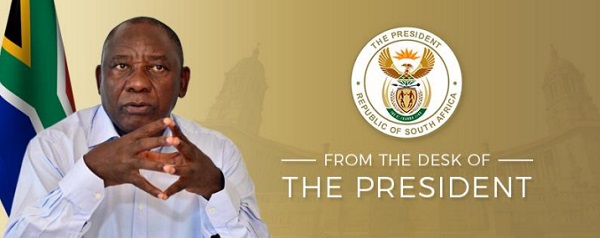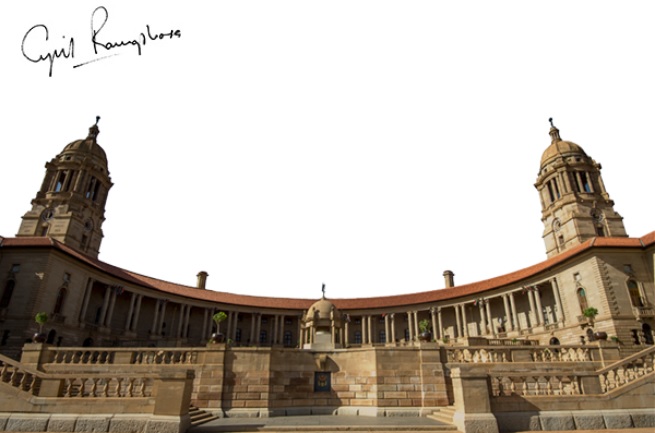
Dear Fellow South African,
Last Friday marked 100 days since South Africa last experienced load shedding. This is the longest continuous period without load shedding since 2020.
While this is a welcome milestone, it is not a reason to relax. Our electricity system remains vulnerable and we cannot yet rule out a possibility of further load shedding.
Rather, this milestone provides encouragement for us to do more and to work faster to ensure a secure supply of electricity now and into the future.
We have seen real progress in the implementation of the Energy Action Plan, which we initiated in July 2022, and are now witnessing some of the results of the cooperation between government, business and other social partners.
Thanks to the diligent implementation by Eskom of its Generation Operational Recovery Plan as well as a stepped up maintenance schedule, there has been a marked improvement in the performance of the power stations that produce the bulk of South Africa’s electricity.
Eskom last week successfully commissioned Unit 5 at the Kusile power station, adding an additional 800 MW to the grid. This follows the power utility’s work to return three units at Kusile to service ahead of schedule.
The improvement in the reliability of power supply has been a relief for households, who have been able to go about their daily lives without the inconvenience of loadshedding. It has also been a great relief for businesses.
The latest consumer confidence index compiled by the Bureau for Economic Research (BER) found that the suspension of load shedding was a factor that contributed towards increased consumer confidence in the second quarter of this year.
This improvement is also a boost to the national economy, which is reliant on the availability and reliability of electricity supply for growth. There is cause for optimism that business and investor confidence will improve.
Earlier this month steelmaker ArcelorMittal announced that it would not go ahead with plans to close its operations in Newcastle and Vereeniging, citing improvements in the country’s electricity and logistics situations as among the factors behind its decision.
In its April Monetary Policy Review, the South African Reserve Bank noted that “as electricity supply improves gradually, underpinned by the ongoing private investment in renewable energy generation and increased maintenance by Eskom”, South Africa’s near and medium-term outlook for growth is set to increase.
The Reserve Bank underscored the importance of the full implementation of energy and logistics sector reforms if growth is to improve.
We are committed to continue and complete the far-reaching structural reforms we started during the sixth administration to resolve the immediate electricity supply challenges and lay the groundwork for energy security into the future.
These reforms included the removal of the licensing threshold for new power generation projects, tax incentives for rooftop solar, opening more bid windows for renewable energy projects, and improving Eskom’s operational viability.
The latest milestone reached in the structural reform journey is the commencement of trading last week of the National Transmission Company South Africa (NTSA), which will own and operate the country’s national electricity transmission system. This forms part of the reforms we have been driving to establish an electricity market that will enable competition, secure supply and revolutionise the energy sector.
As the Government of National Unity begins its work, we will sustain this momentum.
For us to continue to implement the Energy Action Plan and support the hard-working management and staff of Eskom, who are day by day helping to bring us out of this crisis, we must all pull in the same direction.
By focusing on the broader picture and by scaling up what has already been achieved, we are in a far better position to achieve the task we have set ourselves: to end load shedding and achieve an energy-secure future.
We have reached 100 days without load shedding by working together.
This should encourage us to redouble our efforts and to strengthen the collaboration between all stakeholders in both the public and private sectors.
With best regards,
